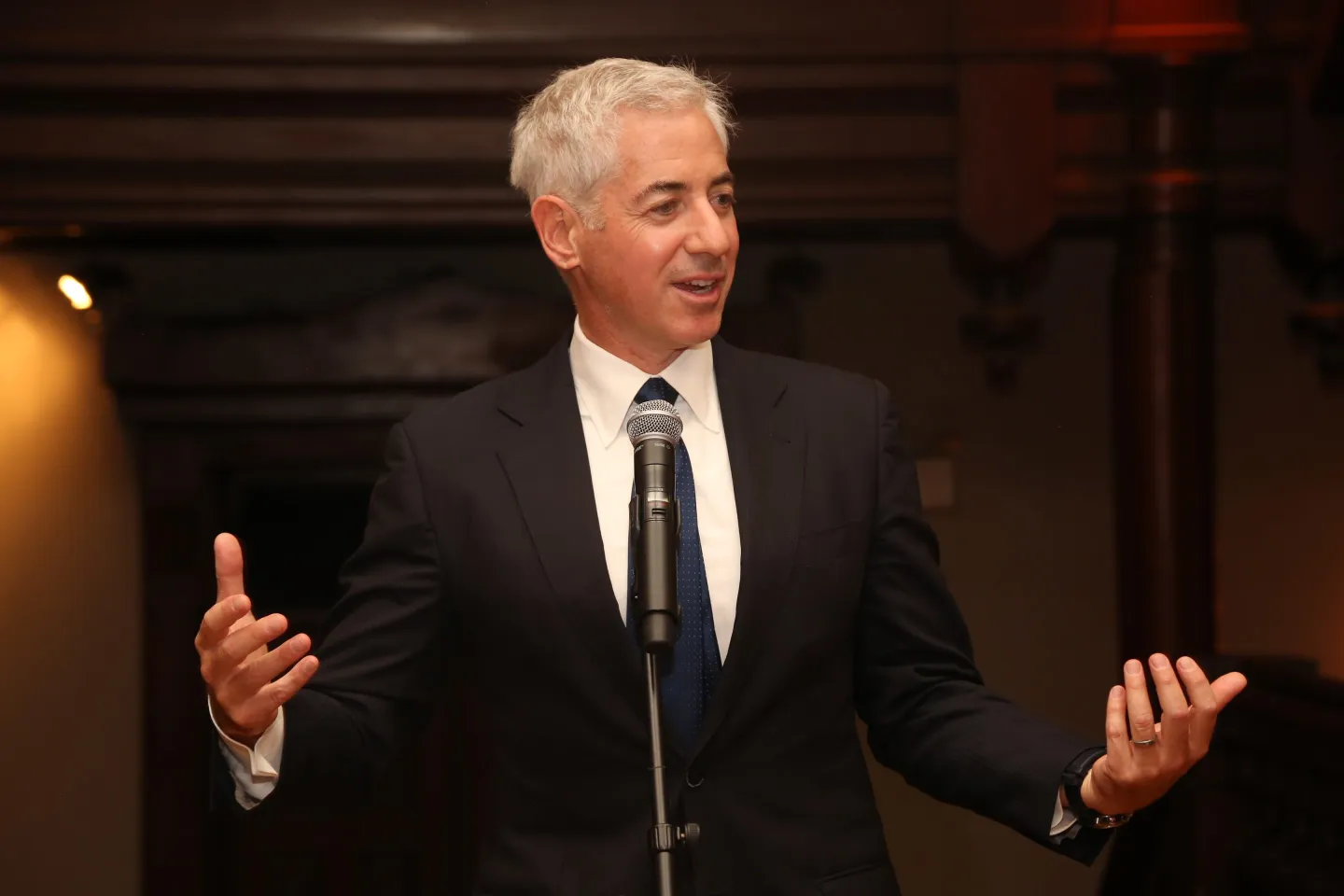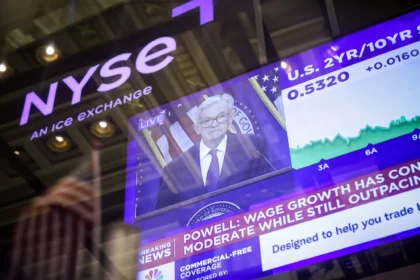Bill Ackman, one of the most recognizable and polarizing figures in modern finance, appears poised to make the most consequential move of his career. According to reports from industry insiders, the billionaire investor is preparing to take Pershing Square—along with a newly created investment vehicle—public as early as next year. If Ackman follows through, the listing would mark a dramatic evolution for the hedge fund industry and signal a new era in how elite investment firms access capital, court retail investors, and position themselves within shifting financial markets.
For decades, hedge funds have existed behind a curtain of exclusivity, shielded from the public by regulatory frameworks and supported by wealthy individuals, family offices, and institutional clients. Ackman’s decision to move Pershing Square into the realm of publicly traded companies represents not only a departure from industry tradition but a calculated response to a transforming financial landscape. Hedge funds are under pressure: performance is uneven, investors are demanding lower fees, and competition from private equity, venture capital, and even passive ETFs grows more intense each year. By going public, Ackman is betting that the future of his empire lies in permanent capital, public liquidity, and global market visibility.
Pershing Square has already flirted with public-market structures. Its flagship closed-end fund, Pershing Square Holdings, trades on the London Stock Exchange and Euronext Amsterdam, offering ordinary investors rare exposure to Ackman’s portfolio. That vehicle proved invaluable during volatile periods, particularly during the COVID-19 crisis, when Pershing Square’s massive hedge against market declines turned a modest investment into one of the greatest trades in hedge fund history. The public listing insulated Pershing Square from the redemptions that plague traditional funds during downturns, giving Ackman the freedom to concentrate capital where he believed it mattered most.
The success of that structure now appears to be a blueprint. A full public listing of Pershing Square’s management company—and the creation of a new fund designed explicitly for public ownership—would give Ackman unprecedented financial flexibility. Permanent capital allows for longer-term bets, smoother fee income, and the ability to weather market cycles without the fear of rapid cash outflows. It also expands the investor base beyond institutions, giving the public a way to participate directly in the strategies of one of the world’s most outspoken and influential investors.
Such a move reflects Ackman’s confidence at a moment when his stature has reached new heights. Over the past decade, Ackman has emerged as a crossover figure—part activist investor, part public intellectual, part political lightning rod. His high-profile market calls, social commentary, and willingness to challenge conventional wisdom have earned him both admirers and critics. Going public amplifies his platform further, turning Pershing Square into a financial entity that is not only operationally powerful but symbolically significant.
Yet the decision also carries risks. Public markets demand transparency, quarterly reporting, and operational disclosures that hedge funds typically avoid. Regulatory scrutiny intensifies. Shareholder activists—ironic in Ackman’s case—could challenge his decisions. Volatility in public market valuations could pressure the firm in ways private capital never did. And the transition from a privately controlled asset manager to a publicly traded corporation fundamentally changes incentives and internal dynamics.
Still, Ackman has never been deterred by complexity or controversy. His ability to court bold ideas and embrace structural experimentation is a defining trait of his career. In many ways, going public is the logical extension of his long-standing belief that hedge funds should modernize and redefine their role in the financial ecosystem. While many in the industry cling to secrecy and tradition, Ackman appears ready to do the opposite—open the doors, expand the audience, and let the market judge the value of Pershing Square’s vision.
The timing is equally notable. As markets shift into a new era defined by artificial intelligence, rising interest rates, new political uncertainty, and renewed enthusiasm for long-term compounders, large public asset managers have outperformed many private strategies. Firms like Blackstone, Apollo, and KKR have demonstrated the advantages of public listings: enormous access to capital, diversified fee streams, and global reach. Ackman has studied their paths carefully, and the prospect of joining their ranks—and perhaps creating a uniquely hedge-fund-driven version of the model—clearly appeals to him.
If Pershing Square and its new fund do go public early next year, it will not be a mere business decision. It will be a statement about where the hedge fund world is headed, how investors want to engage with markets, and what it means to democratize access to traditionally exclusive financial strategies. For Bill Ackman, it may also represent the ultimate validation: the transformation of his long-running investment firm into a permanent institution capable of surviving not just market cycles, but generations.
Ackman has spent his career placing outsized bets, challenging established norms, and pursuing bold, sometimes controversial visions. Taking Pershing Square public may be his most ambitious bet yet—a wager not only on his own reputation but on the future of the entire asset-management industry.
The next year will reveal whether investors are ready to embrace his vision. If they are, Ackman may reshape what it means to be a hedge fund in the public era—and once again rewrite the rules of modern finance.







